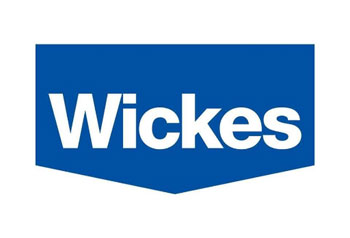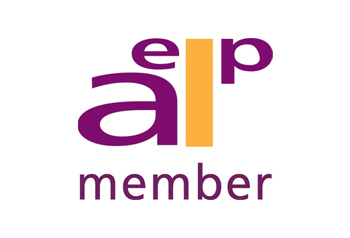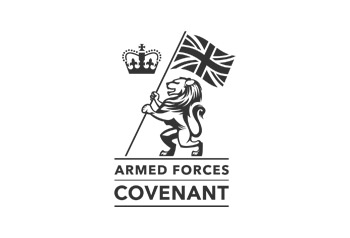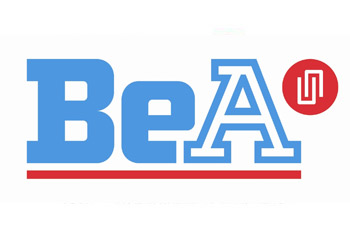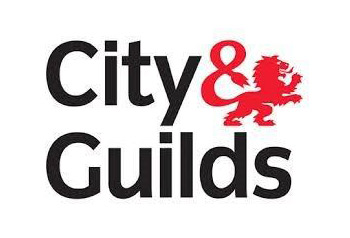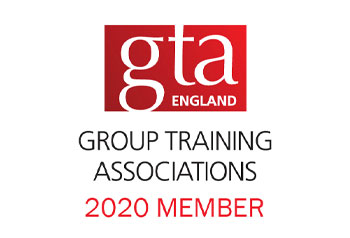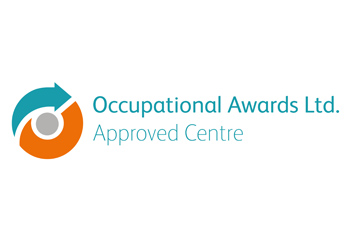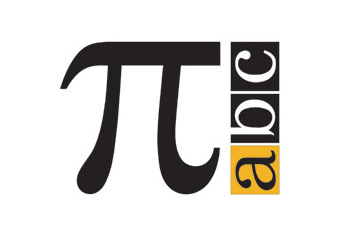New Apprenticeship Standards
Apprenticeships in England have and continue to change.
The new Apprenticeship Standards have started to replace Apprenticeship Frameworks which are due to be fully replaced by 2021. They were designed to meet the changing needs of employers, apprentices and training providers. The aim of the new apprenticeship standards were to:
- Give employers control in designing apprenticeships that meet employer, sector and economic needs
- Simplify the standard in a clear and easy to understand process
- Define the level of skill, knowledge and competency required to operate in a particular job role or sector
- Provide rigorous independent assessment that tests competency at the end of an apprenticeship
- Allocate a grading that recognises exceptional performance
“Nobody understands the skills employers need better than the employers themselves. That is why we are placing them in the driving seat.
They are designing apprenticeships so that they focus on exactly the skills, knowledge and behaviours that are required of the workforce of the future. A levy will put employers at the heart of paying for and choosing apprenticeship training, and place the funding of apprenticeships on a sustainable footing. Employers will choose between high quality education and training providers, or be able to train their apprentices themselves.”
How are Apprenticeship Standards Different?
An Apprenticeship Standard contains a list of the skills, knowledge and behaviours an apprentice will need to have learned by the end of their apprenticeship.
Standards are occupationally focused; they are not qualification-led. The learning happens throughout the apprenticeship and the apprentice is assessed at the end by an Independent End Point Assessment Organisation (EPAO). Apprentices will need to prove that they can carry out all aspects of their job. The new standards help to develop transferable skills and gain credibility too.
There are now 513 Apprenticeship Standards that have been developed and approved for delivery with a further 110 Standards in development, click here to search what is available.
You can find out more about the ways apprenticeships are being reformed, in the government’s Vision for Apprenticeships 2020
What is the Apprenticeship Gateway?
Only applicable to the new Apprenticeship Standards, the gateway is the door between the two core stages of the apprenticeship - the on-programme training and end-point assessment.
The apprentice passes through the gateway when they have met minimum requirements of the apprenticeship standard and are performing consistently at (or above) the level of competence expected for that occupation.
At the gateway (the end of the training period), the employer, often in consultation with the apprenticeship provider, will ‘sign-off’ the apprentice as ready for the end-point assessment.
What is End point Assessment (EPA)?
End Point Assessment (EPA) applies to all apprentices undertaking a new Apprenticeship Standard. It is the final assessment for an apprentice to ensure that they can do the job they have been training for. EPA is separate to any qualifications or other informal assessment and observation that the apprentice may undertake during the on programme stage of the apprenticeship.
The EPA must be undertaken by an independent body approved as an End Point Assessment Organisation for the standard to which they are assessing.
A number of approaches can be used for the end point assessment depending upon the standard being taken. It can include qualifications, interviews, presentations, formal discussions and/or a portfolio of work. The assessment plan will specify the approach for that Standard.
How can WEBS support you?
At WEBS we can support you to choose the right apprenticeship standard linked to your job vacancy/role. Through our discussions with you and your apprentice we can help you to identify the relevant modules for your apprentice taking account of the assessed training needs. We can support you with the apprentice recruitment and selection process to ensure you get the right person for the roles you need to fill; then support the apprentice as they develop.
